Talk about a profitable end to the year. Invited to meet a Taisho man -- that is, someone born in the last year of what many consider to be Japan's most liberal period of the 20th century -- I was met in one location to be maneuvered into a taxi and delivered outside another: a nondescript utility block in Nihonbashi. Told the name of the bank at this address, the cab driver was nonplussed; he too had never heard of Michinoku Bank.
Joining a line of business suits filing in a side entrance, I found myself at a party. Fishermans' flags hung from the ceiling. A boat sailed past (borne aloft by by two exceedingly merry men) filled to the brim with "uni" (sea urchin). All the sake was from Tohoku; the gift bags stacked at the exit contained apples and "mochi" from Aomori, and brandy from Armenia. It was all a bit bewildering, but amazingly jolly. With not a hint of ostentation within sight or hearing, I did literally feel as if I'd stepped back into a different era.
As indeed I had. The ruddy-faced soul who clasped my companion in a bearhug turned out to be the chairman of Jena Books in Ginza. Introduced to his friend, this equally approachable but rather more rarefied figure turned out to be such a bigwig at NHK I felt quite faint. They were both friends of the host; in fact all three were old pals from university days in Sendai. Having been educated just slightly ahead of the most prejudiced prewar propaganda, they were more at ease with foreigners than compatriots even a decade younger.



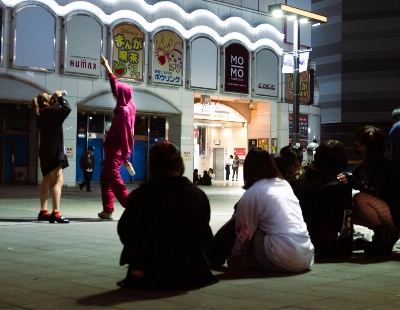
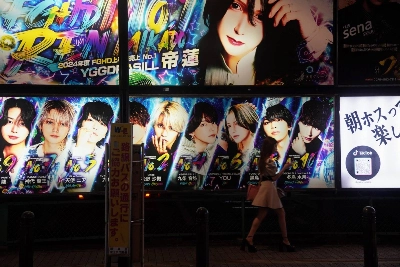
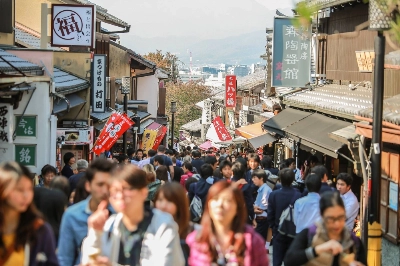
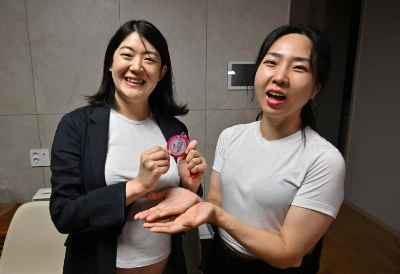
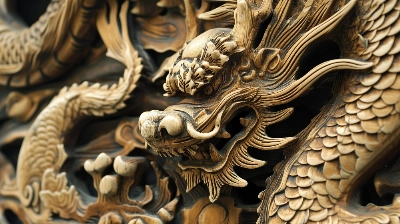










With your current subscription plan you can comment on stories. However, before writing your first comment, please create a display name in the Profile section of your subscriber account page.